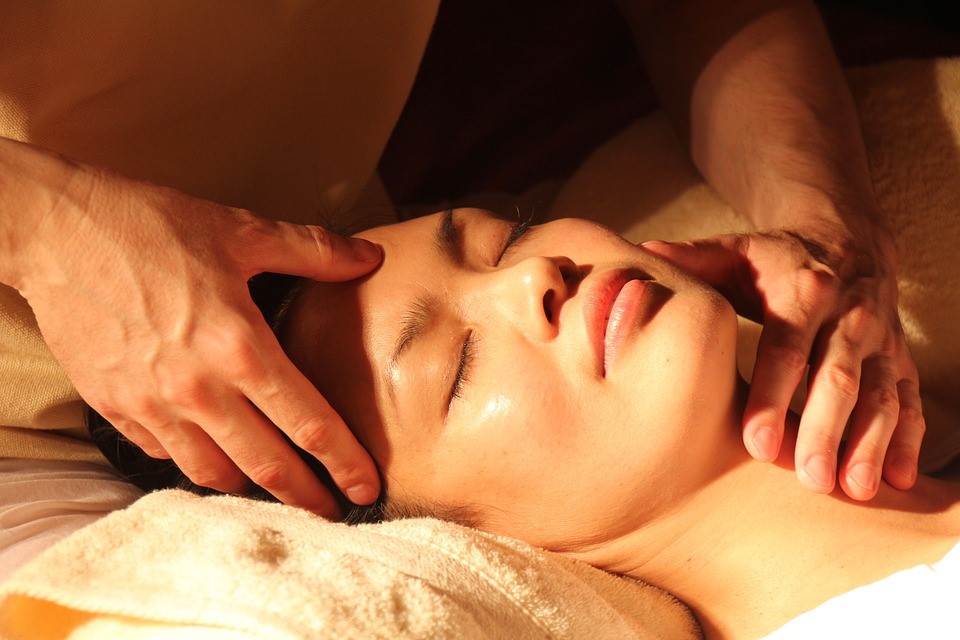What You Need to Know About Degrees in Holistic Medicine
Holistic medicine encompasses a wide range of professionally and self-administered treatments which address an individual’s health on the physical, mental, emotional, and spiritual levels. Holistic medicine’s goal is to help an individual achieve the proper balance necessary for optimal health and, if you’re considering this career, there are some things you need to know, including how to get a holistic nutrition degree.
Can Anyone Be a Holistic Medicine Provider?

The short answer is yes, as long as they’ve obtained the required natural health education and certification for the realm of medicine they wish to enter. Depending on the type of holistic medicine you wish to adopt as a career, varying lengths of time will be required in order to receive adequate schooling.
Categories of Holistic Medicine
There are several categories of holistic medicine. Chiropractic deals with the alignment of the body’s structure to alleviate physical pain and also keep open the body’s energy pathways, which are necessary for healing. Reflexology involves the stimulation of certain points on the body and its extremities for the purpose of activating the body’s intrinsic medicine.
Ayurveda is an ancient holistic medicine. Having a 3,000-year-old history, Ayurveda addresses health issues by considering a person’s connection with their environment. Naturopathy employs traditional methods to heal illness, including supplementation, diet, and other holistic treatments like chiropractic.
Reiki addresses illness by optimizing the amount of life force energy in the body. This is done by placing the hands in close proximity to or directly on a person’s body to eliminate unhealthy negative energy.
Paths to a Natural Medicine Career

There are many ways to achieve a career in holistic medicine. However, the same general requirements will apply for all. Attending university for a bachelor’s degree is the first step if you wish to obtain any kind of education in holistic nutrition schools. The next step will be to earn a degree in your field of study.
Following this, you will need to complete an internship or residency, which involves training with an established natural health practitioner in a related field. For example, a prospective chiropractor may wish to train with a sports medicine professional.
Following residency, you will need to obtain a license, which is a legal requirement if you wish to begin treating patients. Once you have a license, you can choose to broaden your knowledge by exploring other holistic modalities to complement what you already offer. If you are a naturopath, you may find that getting education about biofeedback is beneficial to helping you diagnose and, ultimately, treat illness.
Only when the above steps are completed can you work for a holistic medicine professional or open your own natural health practice.
A Degree in Holistic Medicine Can Be Yours
Holistic medicine is a wonderful means of facilitating healing in a natural way. The University of Natural Health, one of the largest natural health schools, offers a wide range of certifications and degrees, both in distance and physical attendance formats. Visit us online or call 1-888-397-9394.